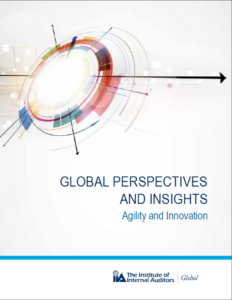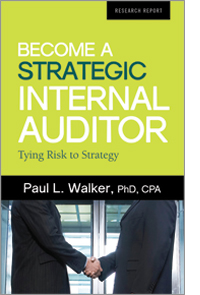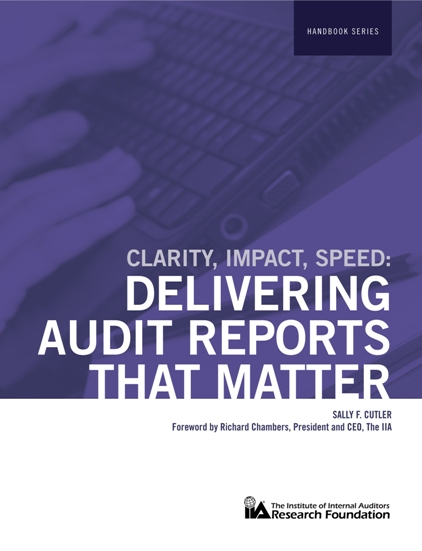Organizations are embracing innovation and disruptive technology at breakneck speed. While these changes have many positive effects—often improving the efficiency and effectiveness of operations, increasing responsiveness to customer needs, or enhancing a competitive advantage—they are also associated with new and sometimes unknown risks.
As trusted advisors and competent assurance providers, internal auditors can provide meaningful input to the innovation decision and should be relied upon to ensure emerging risks are effectively mitigated. But, fulfilling these responsibilities can be challenging for the internal audit function if it is not adequately informed about or prepared for changes.
This report explores the innovations and disruptions that organizations are currently facing and how internal audit is evolving to react to these changes. Through interviews and surveys, the following questions are examined:
- What innovations and disruptions are organizations currently implementing?
- To what extent is internal audit involved in the innovation decision?
- To what extent is the internal audit department prepared for any challenges stemming from the innovation and how effective is it in addressing these changes?
- How has internal audit changed to respond to organizational innovation and disruption?
- What best practices could internal audit adopt to effectively address organizational innovation and disruption?
Ten innovations and disruptions that internal auditors should be prepared to incorporate into the audit plan are identified and discussed: data analytics, cloud computing, agile processes, mobile technology, robotic process automation (RPA), continuous auditing, new organizational strategies, artificial intelligence (AI), regulatory changes, and digitalization. Respondents provide a variety of specific recommendations for best approaching each unique innovation and disruption.
Download: Internal Auditor’s response to disruptive innovations




